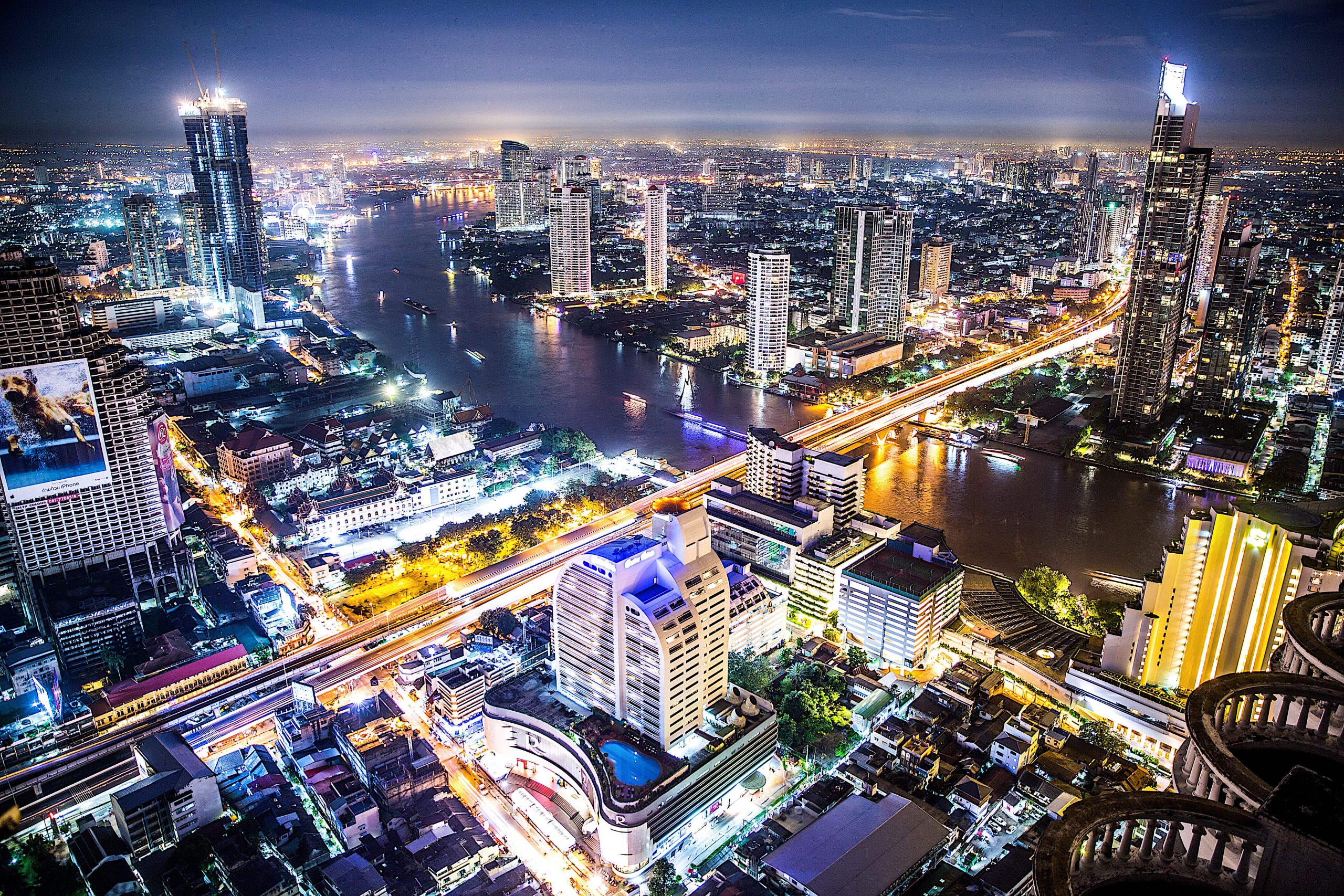Thailand’s tourism industry stands at a threshold of transformation, as expressed by Yuthasak Supasorn, the esteemed Chairman of the Industrial Estate Authority of Thailand (IEAT) and past governor of the Tourism Authority of Thailand (TAT). Historically resilient to crises, Thai tourism now grapples with a significant structural evolution and an unsettling decline in tourist influx.
“Thai tourism has fueled our economic engine, yet it finds itself at a monumental crossroads,” Supasorn elaborated. “The dynamics are rapidly evolving, with recent statistics indicating a noticeable downswing.” During the first quintet of months in 2025, Thailand welcomed 14.3 million overseas guests, marking a 2.7% dip compared to the prior year. The primary concern pivots around the contraction in the Asian contingent, comprising nearly 63% of total tourist inflow. Most disconcertingly, Chinese tourist figures—historically Thailand’s largest foreign visitor group—plummeted by a striking 32.7%, descending from 2.91 million in 2024 to a mere 1.95 million this year. This steep drop-off has prompted a cascading effect, with daily arrivals averaging a decrease from 21,300 in January to just 10,000 in May.
This year’s projections suggest Chinese tourist arrivals might tumble beneath the 5 million threshold, a first in over a decade. If the current trend persists, 2025 could see Chinese visitors dwindling to counts of 4 to 5 million—a stark decline from the pre-pandemic zenith of 11.1 million. A significant contributor to this downturn is the negative perception of Thailand, exacerbated by the controversial film “No More Bets,” which spotlighted issues such as scams, human trafficking, and perceived safety risks. Dragon Trail International’s survey highlights a doubling in the number of Chinese nationals apprehensive about visiting Thailand. “The portrayal of Thailand as a perilous destination indeed affects sentiment,” Supasorn acknowledged.
In a bid to reverse the declining tide, Supasorn advocates for a pivotal transformation of Thai tourism, emphasizing quality, sustainability, and diversification. “It’s imperative to usher in a new tourism era, focusing on superior standards, enhanced targets, and a prospective future.” His proposed course involves rekindling interest among Chinese tourists while pioneering new territories, notably India, set to overtake Russia as the third-largest visitor source due to newly implemented free visa policies. Supasorn underscores the necessity of luring high-net-worth tourists and fostering domestic tourism, ensuring consistent revenue flow.
The urgency to bolster Thailand’s international competitiveness is apparent, reflected by its 12-place drop to 47th in the 2024 Travel & Tourism Development Index. Addressing these challenges, Supasorn suggests enhancing safety and sanitary protocols, innovating tourist routes, and positioning Thailand as a paragon of sustainable tourism, as reported by Pattaya Mail. “Thailand must either adapt or risk obsolescence. The moment for reinvention is upon us.” Through these strategic recommendations, Thailand aspires to reclaim its status as a preeminent global tourist locale, guaranteeing enduring growth and resilience against the dynamic challenges of the future landscape.


















This sounds like a critical time for Thailand’s tourism industry! I hope they can turn things around before it’s too late.
I’m not sure they can pull it off. The damage might already be done. The ‘No More Bets’ incident seems damaging.
I get your point, but Thailand has been resilient in the past. Maybe focusing on sustainability will help.
I totally agree. The Asian market is crucial, especially the Chinese tourists. They have to fix their image first.
Why should they focus so much on China? It’s a global world, time to diversify and focus on other countries like India!
Exactly! India has a booming middle class ready to travel. Free visas are a great start.
China’s too big to ignore. But yes, diversification should be part of the plan.
The focus on sustainability is long overdue. Tourism should not only be about numbers but also about preserving the environment.
True, but balancing sustainability and economic needs isn’t easy. The local economy depends heavily on tourism.
I visited Thailand last year and felt safe. This portrayal of danger is exaggerated!
Glad you had a good experience, but perception is reality for many potential tourists.
It’s a shame that a movie had such a big impact. Governments need to counteract negative narratives more effectively.
Not all media representation is true, but governments should focus on improving the real issues, too.
Maybe it’s not just about perception. Are the scams and safety issues real?
Sure, some issues exist, but it’s pretty much the same anywhere you travel these days.
In my day, we didn’t care about media portrayals. You went, you saw, you formed your own opinion!
It’s a global issue, not just Thailand. The world is changing, and tourism must evolve too.
True, but some countries handle it better. Thailand could learn from their strategies.
Thailand’s beauty is unmatched. However, their strategy should include better marketing and less dependency on one nation.
Yes, and also focus on eco-friendly tourism to attract a different kind of traveler.
I think the drop in rankings could hurt more in the long run. Many people look at these indexes before planning trips.
Indexes aren’t everything. It’s about the experience and word of mouth too.
Numbers-wise, a dip seems normal after the pandemic. It’s the recovery strategy that counts.
There’s always hope. Thailand is a wonderful destination with so much to offer. People will come back, as they always do.
The free visa strategy is very smart! This should have been done a long time ago for more countries.
I hope they can enhance safety measures quickly so more people feel comfortable visiting.
Thailand’s always been an adaptive player in tourism. I believe they will innovate their way out of this crisis, just like they did before.
What about domestic tourism? It could help fill in some gaps and stabilize the industry in turbulent times.
Good point. Domestic tourists often sustain businesses during off-peak international visitor seasons.
Re-positioning Thailand as a sustainable destination could appeal to the eco-conscious younger travelers. Why not now!